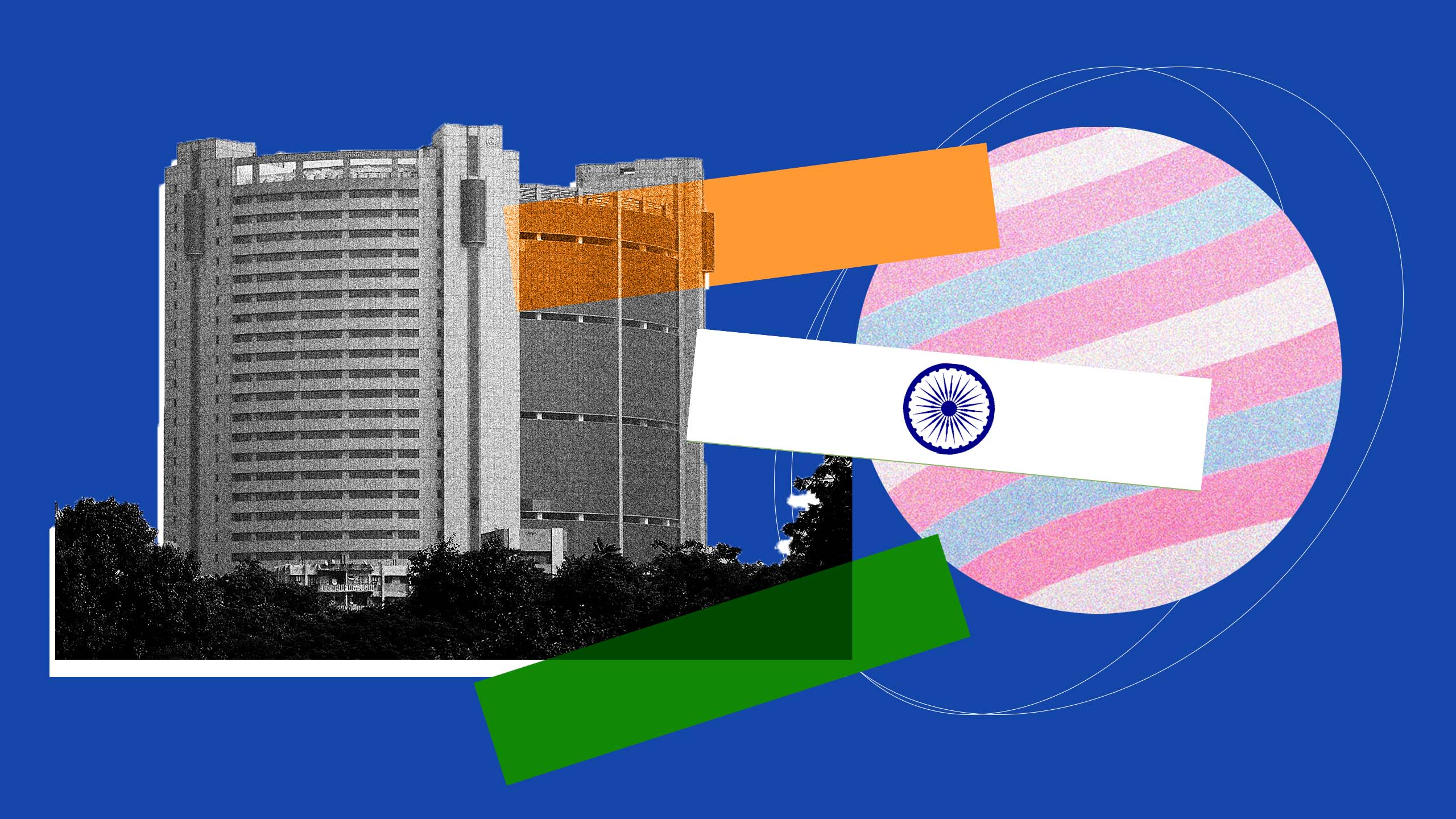A trans woman won a major election in Delhi, India, making her the first trans person to hold office in the territory’s governing body. Her win comes just weeks after the Indian Supreme Court heard two petitions to legalize same-sex marriage in the country.
On Wednesday, trans candidate Bobi Kinnar, often called Bobi “Darling,” won a seat in the Municipal Corporation of Delhi (MCD), the civic body that governs most of Delhi. Kinnar was elected in Sultanpur-A ward after a close race. Her win makes her the first trans candidate to win a seat in Delhi’s governing body, a huge step for LGBTQ+ representation in India.
“I faced insults all my life, but it never stopped me from dreaming that transgender people like me will get value and respect in society one day,” Kinnar told Indian Express. “I never lost that hope.”
Kinnar is a member of the Aam Aadmi Party (AAP) and a community leader with a history advocating for underrepresented groups. She’s also a longtime social worker, who has worked on improving education for women, children and people with disabilities, according to NDTV. She has also worked on increasing social mobility within the ward and publicly advocates for the need to fight corruption within the MCD itself, according to PinkNews.
“I want to dedicate my victory to the people who worked so hard for me,” Kinnar told PinkNews. “I would like to thank everyone. Now I just have to work for development in my area.”
She told Indian Express that, once elected, proper sanitation would be a high priority for her—a project which includes constructing washrooms specifically for trans people. “There is no public toilet for transgenders in my ward,” she said. “My agenda will also be to construct a separate toilet for transgender persons.”
Kinnar’s election comes weeks after another potential breakthrough for LGBTQ+ people in India. On November 25, India’s Supreme Court heard petitions from two same-sex couples, both of which argued that same-sex marriage should be recognized by law.
Currently, India does not legally recognize same-sex marriage. This means that LGBTQ+ couples can’t access all the rights that married couples have, including the right to adopt. It also complicates queer couples’ ability to make medical decisions for one another.
Each complaint made its own legal argument. The first complaint on November 25 argued that India’s Special Marriage Act, which protects inter-faith marriages, should extend to queer couples. The second petition said that the lack of recognition for queer marriages violates the constitution, by barring LGBTQ+ people from a civil institution.
While some of India’s institutions are softening on queer rights, others are not. India’s new chief justice, Dhananjaya Chandrachud, is known for his progressive judgments on LGBTQ+ issues. In 2018, he was part of the committee that scrapped India’s colonial-era law that criminalized gay sex. And there have been suggestions that he’s ready to go further. At an event in Delhi, he said that “equality is not achieved with the decriminalization of homosexuality alone, but must extend to all spheres of life including the home,” according to VOA News.
However, the Indian government may not be as broad-minded. When the Delhi High Court heard a case about same-sex marriage last year, the government told it that queer marriages “cause complete havoc with the delicate balance of personal laws in the country,” according to VOA News.
Justice Chandrachud gave the government a month to respond to the current petitions.
While LGBTQ+ representation in government bodes well for these kind of issues, queer politicians still face barriers to election. One 2021 study says that the election of LGBTQ+ politicians has a significant and positive effect on both legal reform and decreasing homophobia. However, it found that queer candidates still face voter bias, which is significantly more severe for trans candidates. Bias can take the form of outright discrimination, or more subtle deterants like seeing queer candidates as less likely to be elected.
However, studies also note reasons to remain hopeful. That same study said that a new generation of voters are less likely to be driven by homophobia and transphobia, making them more friendly to trans politicians. Another study, of voter reactions to trans candidates in the U.S., found that the election of trans candidates is challenging, but possible, and that opposition to candidates based on their gender identity is likely to continue decreasing over time.
“I know that transgender and queer people are still looked down upon and do not get equal opportunities,” Kinnor told Indian Express. “A lot has to be done, but this is the first step.”


 Why you can trust Xtra
Why you can trust Xtra


